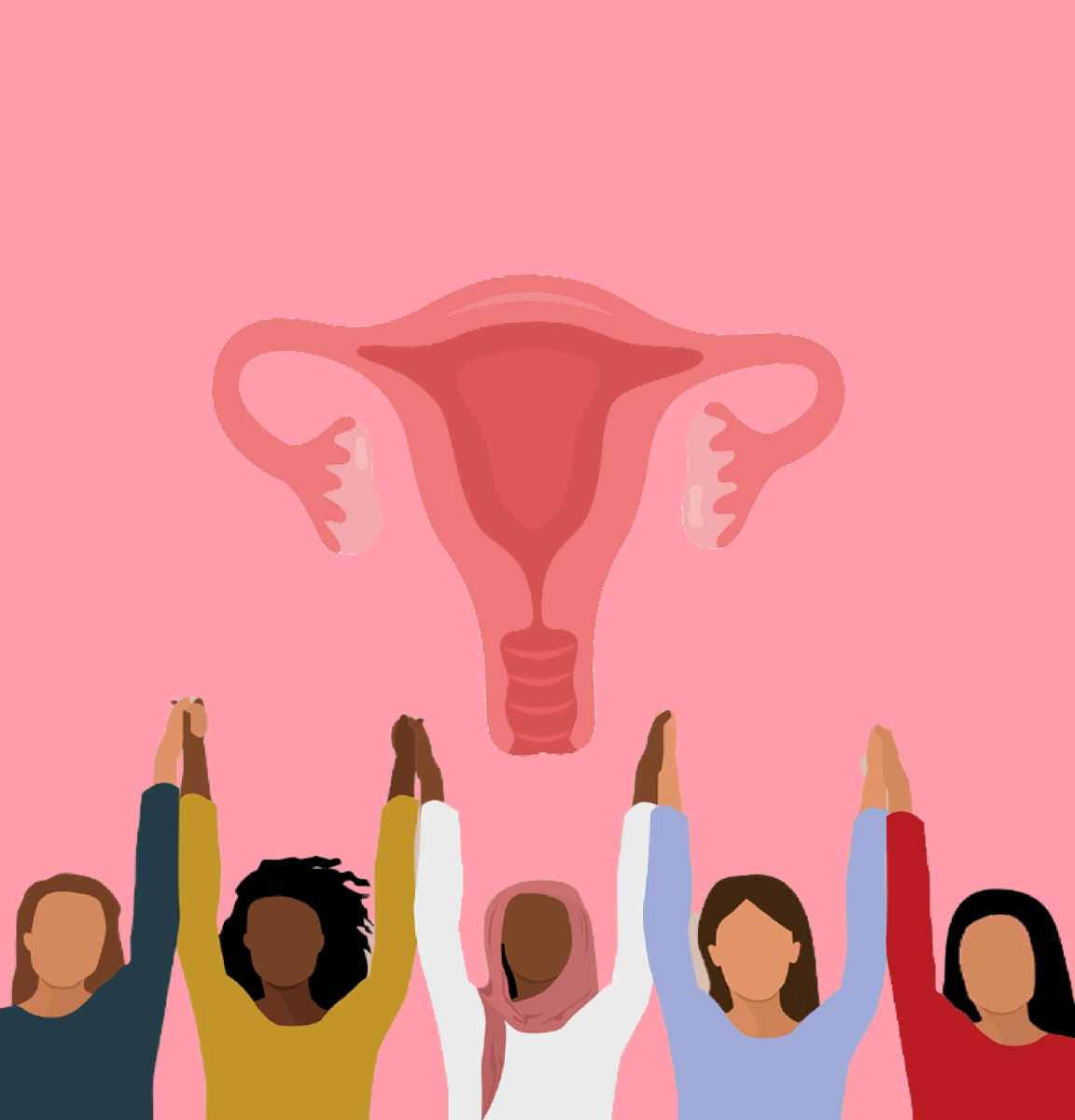In today’s world, the persistent sexual stigma women face is still a glaring issue that demands our immediate attention. For far too long, society has placed undue constraints, seen with the overturning of Roe v. Wade, on women’s sexual autonomy, perpetuating harmful stereotypes and limiting their ability to make informed choices about their own bodies.
It’s time to rethink the norms surrounding women’s sexual autonomy and implement comprehensive measures to bring lasting change.
Comprehensive Sex Education
One crucial aspect of this change lies in our educational institutions. We must advocate for the implementation of comprehensive and inclusive sex education programs in schools. These programs should equip individuals with the knowledge and skills necessary to navigate their sexual lives in a responsible and informed manner. Such education goes beyond the basic mechanics of reproduction — it should encompass consent, healthy relationships and the diverse spectrum of human sexuality.
Comprehensive sex education “builds communication skills, which are so essential, and it helps people consider what their values are,” said Annabel Sheinberg, vice president of external affairs at the Planned Parenthood Association of Utah.
“Being able to listen, learn and reflect I think is so important because ultimately, we’re going to be in relationships with other people,” said Sheinberg. By starting this conversation early in life, we can empower young people to make choices that are right for themselves while respecting the autonomy of others.
Reshaping Women’s Image
Media literacy is another vital tool in our pursuit of women’s sexual autonomy. As Sam Tett, a postdoctoral fellow in the English department at the University of Utah specializing in 19th century British and women’s literature, points out, historical attitudes toward women’s sexuality have often been restrictive. In the 19th century, “having, expressing, or acting upon sexual desires as a woman was considered improper, immoral, or even unnatural,” Tett said.
Tett further explained that “the most effective way to ruin a woman’s life in the 19th century would be to suggest that she had sexual contact of any kind before marriage.” The media plays a significant role in shaping societal attitudes towards sex and sexuality — often perpetuating unrealistic and harmful stereotypes and about women.
We must encourage youth to critically analyze and deconstruct media representations of women and their sexuality. This approach enables them to discern between fictionalized portrayals and real-life experiences, reducing the pressure to conform to unrealistic ideals. To further this effort, it is imperative that media outlets take responsibility for their influence and representation of women. They must actively work to portray women as diverse and in control of their sexual choices.
Men’s Role in Empowering Women
The fight for women’s sexual autonomy should not fall solely on the shoulders of women. Men must be engaged as allies in this endeavor. By encouraging men to participate in this movement, we broaden the scope of support and understanding surrounding women’s sexual rights. Men can contribute by advocating for policies that protect and promote everyone’s sexual autonomy and bodily rights. This can include support for comprehensive sex education, equal access to healthcare and legal measures that safeguard women’s reproductive rights.
Moreover, men must confront and challenge their own biases and behaviors that may contribute to the sexual stigma.
“One of the things men can address is sexual communication; how you talk to individuals and [express] your expectations in a relationship,” Raven Burton, a graduate student at the U said.
Men should actively engage in open and respectful dialogues about consent, boundaries and gender equality.
“I’m currently teaching a course on women’s literature, and not a single male student enrolled in that class,” Tett. “The easiest and most important things men can do is develop a genuine curiosity about the experiences of women and other people who can get pregnant.”
Encouraging men to take an active role in combating sexual stigma is a critical step toward dismantling the deeply ingrained norms that have held women back for far too long.
Breaking Barriers to Equality
It’s important to recognize that empowering women’s sexual autonomy is not about promoting promiscuity or any lifestyle choice. It’s about recognizing and respecting the diversity of human experiences and choices. Each person’s path to sexual autonomy is unique, and it should be celebrated and supported, provided it is consensual and respects the boundaries and autonomy of all parties involved. The time for change is now, and we all have a role to play in creating a world where women are free to make informed decisions about their own bodies and sexuality.















John Hedberg • Dec 26, 2023 at 4:34 pm
If any stigma remains 2 centuries after the 19th, it’s a stigma of being thoughtless and heedless of easily observable consequences to self and other human beings from the actions we currently contemplate: Are we being reckless, thoughtless, inconsiderate, irresponsible to the lives of self or others we claim to care about?
The Pill has been around for more than 60 years. Condoms have been around longer than that. If you talk to them, college aged people as far back as World War 2 had quite a lot of sexual freedom, and from 1960 onward, the sky was the limit, so I wonder which anonymously funded algorithm sparked the writing of this article-from-another-century?
Each state votes for its own preferred abortion limits (if any), which is democratic, correct? Abortion isn’t just about 1 body, but about 2 bodies together creating a 3rd body, all autonomous by genes, so does silencing the voices of any of these 3 bodies constitute a hate crime?
Bringing up a child takes an enormous amount of love and commitment by both parents, if the children are going to be healthy and have any chance at a happy life (statistics). Has anyone ever considered that monogamy might actually be for the benefit of the children? 😎😋
There are psychological consequences to having serial sex partners and treating other human beings as objects in a “consumer” society. Have you ever considered how this “objectification” of other people for our own pleasure may affect our long-term psychology, including how we look at our self, each other, and even affecting our ability to pair-bond intimately in a more long-term way as we settle down later in life? Are any of these factors worth talking about together before we dive into deep waters?
Sex is designed by evolution to create babies. Biology takes advantage of sex to spread life, including bacteria and viruses, to as many partners as circumstances allow, so from a scientific stance, if you have sex, thousands of years of observation show that you know you’re going to be breeding something nearly every time you engage in it.
Of course, we can just close our eyes and pretend to wish away the consequences we don’t like, because nobody ever gets any kind of long-term physical or emotional trauma cleaning up after the adult-sized consequences of our more ill-informed choices, right?
We shouldn’t be afraid of asking questions at our age. In fact, we should be seeking them out~ This is a University. Who’d have thought?